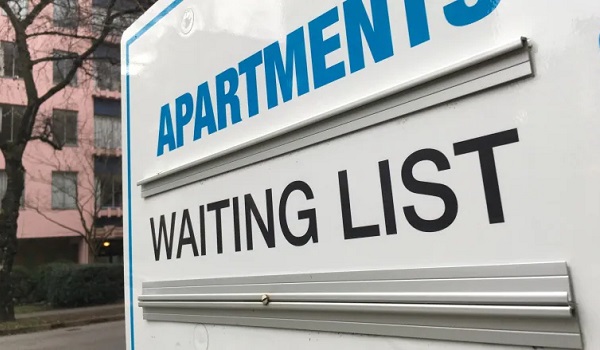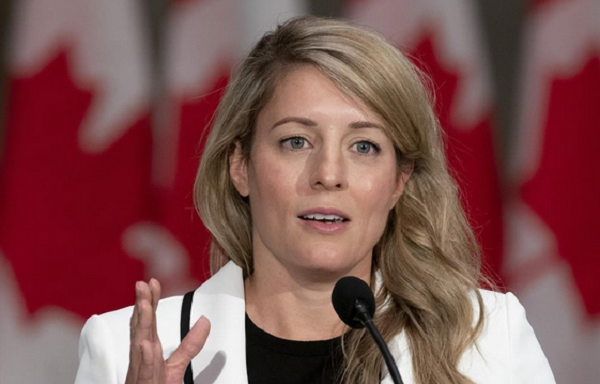In a bid to crack down on rulebreakers, Toronto tightened its short-term rental bylaw
The City of Toronto is increasing registration fees and bolstering the vetting of short-term rental hosts in an effort to make it harder to evade the rules.
On Thursday night, councillors voted in favour of a slew of changes to the short-term rental bylaw, introduced in 2021 to maximize housing supply in the long-term rental market. The bylaw has faced criticism over its lack of enforcement on catching phoney registrations and prohibiting investment properties from being listed for short-term rentals.
An earlier Star investigation found a cottage industry of property management companies were coaching investment property owners on how to evade the short-term rental bylaw, while the city’s enforcement efforts were struggling to keep up with those determined to break the rules.
Previously, the city had primarily relied on a driver’s licence to verify if a property was a principal residence — a key requirement for short-term rental registration. The Star found property management companies had advised investment property owners to change the addresses on their drivers’ licences to evade the requirement.
Under the new changes, the city may request the applicants for additional documents such as utility bills, notice of assessments and financial statements to prove their principal residence. They may also require a short-term rental operator to attend an inspection at any time during the term of their registration.
In order to shore up its enforcement capacity, the city is also increasing the registration fees for the hosts who will pay $375 a year, up from $53, to register with the city starting next year.
Short-term rental companies, such as Airbnb and Booking.com, will pay a higher fee to the city from roughly $1 per night booked on their platforms to $1.50.
Those increased fees will be put toward more staff to enforce the bylaw. Council approved adding 23 new positions — two in the city’s technology services division and 21 new bylaw enforcement officers.
“These are a great addition to a fantastic regulatory package,” said Coun. Gord Perks who presented additional updates, also adopted by council, to the bylaw.
One of the updates asks the city to examine options for developing licensing requirements for short-term rental property management companies.
“Now we’re going to have a much clearer, and in many ways, tougher set of regulations. Good operators, they can go about their business. If one of people has been trying to game the system, we’re going to catch them,” Perks told the Star.
“This represents a pretty big step forward,” JJ Fueser, a researcher with Fairbnb, said of the council decision.
She said the amendments were “thoughtful and promising” and “it really makes it much more difficult to falsify a principal residence.”
In 2023, the short-term rental program generated $1.79 million in fee revenues while it cost the city $2.65 million. The shortfall constrained staff’s ability to inspect the hosts and enforce the rules, according to a city report presented at council’s housing committee in March.
The increased registration fees for short-term rentals will now help pay for more bylaw officers to enforce the tougher rules, it said.
“We’re committed to being a good partner to the City of Toronto so that our hosts can continue to share their homes and welcome visitors from around the world, ” said Nathan Rotman with Airbnb.
Toronto’s bylaw is “likely responsible” for the return of between 3,320 and 5,100 housing units to the long-term market, according to a report by researchers at McGill University’s School of Urban Planning.
There were 8,147 short-term rentals registered in the city last year. The vast majority are concentrated downtown.
This article was first reported by The Star












